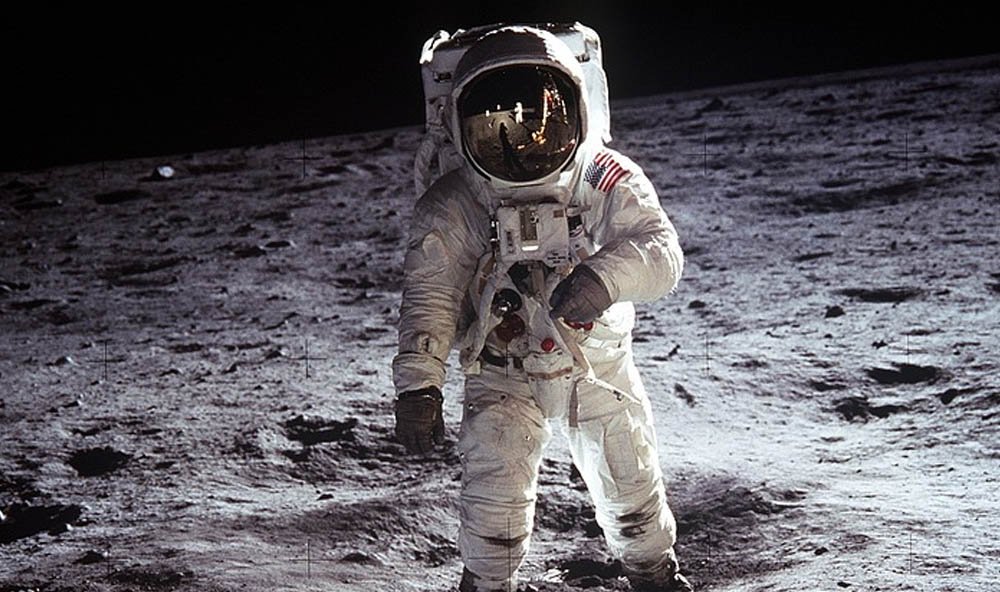Science fiction literature is a genre that attempts to predict possible scenarios, technological advancements, and societal changes in the future by utilizing human imagination. Writers in this genre present readers with a different world through their creative thinking and analytical abilities. In this article, we will examine five different methods that science fiction writers use to predict the future.
Analysis of Technological Trends
Science fiction writers analyze current technological trends to predict future technological developments. By considering the advancements in technology today, they focus on subjects such as artificial intelligence, robotics, space travel, biotechnology, and more. For example, Isaac Asimov’s “Foundation” series makes predictions about future technological advancements and galactic empires.
Observation of Social and Cultural Changes
Science fiction writers attempt to predict future social and cultural changes by observing present-day social and cultural shifts. They create different scenarios by observing factors such as the evolution of human behavior, changes in social norms, and shifts in political and economic dynamics. For instance, Philip K. Dick’s “Blade Runner” novel explores topics like the role of artificial intelligence in society and the questioning of human nature.
Scientific and Technological Research
Science fiction writers strive to predict future developments by drawing inspiration from scientific and technological research. They anticipate possible innovations by following scientific papers, research reports, and technology news. In Arthur C. Clarke’s “2001: A Space Odyssey” novel, for example, future developments in space travel and artificial intelligence technologies are depicted based on the author’s research in these areas.
Focus on Philosophical and Ethical Issues
Science fiction writers attempt to predict the future by focusing on philosophical and ethical issues we may encounter. They delve into profound thoughts about human nature, freedom, ethics of artificial intelligence, genetic manipulation, and other related subjects. Aldous Huxley’s “Brave New World” novel, for instance, explores a society where individuals are genetically engineered, raising questions about their freedoms.
Drawing from History and the Past
Science fiction writers predict the future by drawing lessons from history and the past. They speculate on how past events and societal changes can be repeated or diverged in the future. George Orwell’s “1984” novel, for example, examines a totalitarian dystopia and the individual’s life under state control.
Science fiction literature offers readers different worlds through various methods employed by writers to predict the future. Analyzing technological trends, observing social and cultural changes, conducting scientific and technological research, focusing on philosophical and ethical issues, and drawing from history and the past all guide writers in creating future scenarios. This allows science fiction literature to help us envision potential futures for humanity and question our present-day world.



































